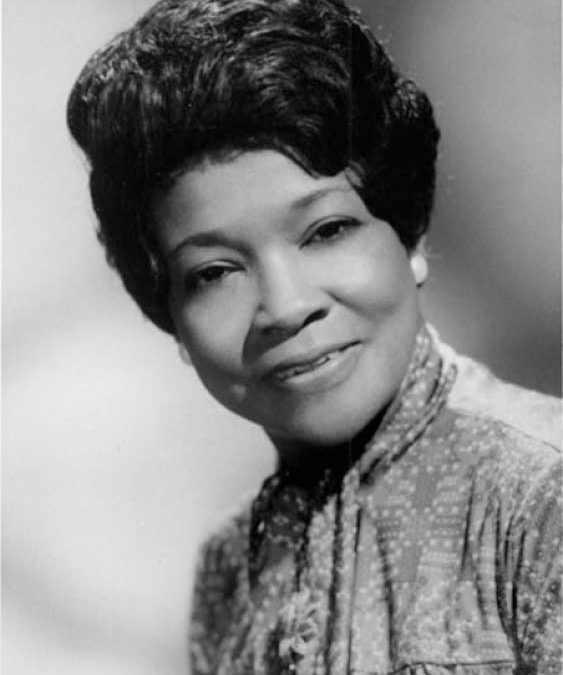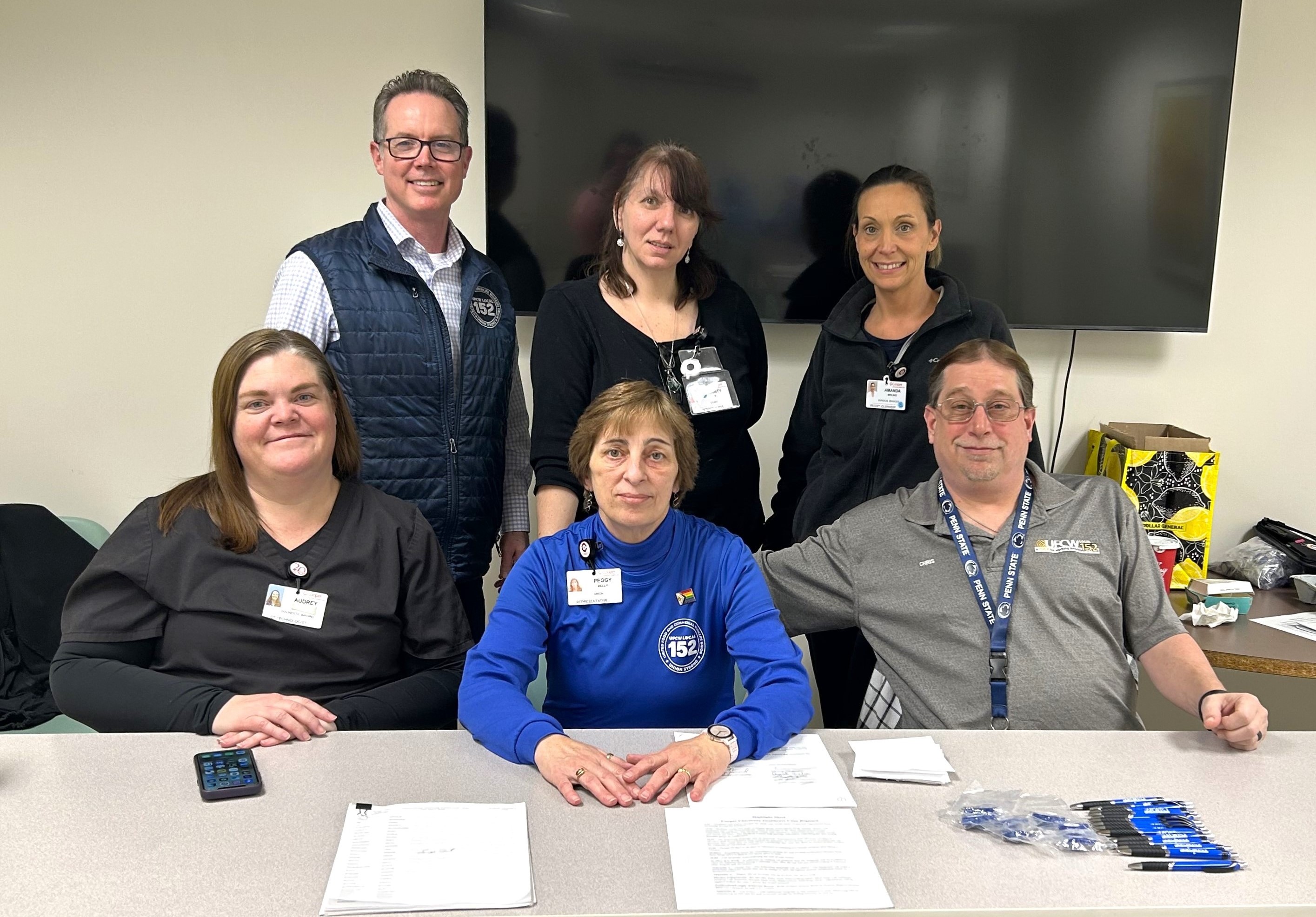- 3120 Fire Road, Suite 201 Egg Harbor Township, NJ 08234
- 888-564-6152
All February long, our country celebrates Black History Month, honoring and celebrating the achievements of African Americans. We would like to take a chance to honor one of our own champions of workers’ rights — Addie Wyatt.
Life’s Work
Addie Loraine Cameron, better known as Addie L. Wyatt (1924 –2012), was born in Brookhaven, Mississippi, but later moved to Chicago with her family in a desperate attempt to find work after the Great Depression. She later married Claude Wyatt in 1940 and had two sons.
In 1941, Addie applied for a typing clerk position at Armour and Company. Despite being hired, when she arrived to her first day of work Addie learned that African American women were forbidden to hold clerical positions. Instead, she was sent to the canning department to pack stew in cans for the army. Soon she learned that because of a contract agreement with the United Packinghouse Workers of America (UPWA), she would be making more money in three days in her current position than she would have as a typist. Later she joined the UPWA after learning that the union did not discriminate against its members.
Addie L. White became a leader of black women within unions, and with the help of others others, she took advantage of their union’s anti-racist and anti-discrimination laws by fighting race-based and gender-based inequities at the workplace. While attending a UPWA conference in the early 1950’s, Wyatt was pleased to find “blacks, whites, Spanish-speaking people, men and women, young and old meeting together, talking about their common problems,” she recalled. In 1953, Wyatt was elected vice president of UPWA Local 56, and became president in 1954. Soon after she was called to be an international representative.
After continuously moving up the chain, Addie eventually became the first female African American international vice president of the UFCW after Amalgamated and the Retail Clerks International Union merged in 1979.
Other Notable Achievements and Honors
Addie L. Wyatt played an integral role in the civil rights movement, and joined Dr. Martin Luther King, Jr. in major civil rights marches, including the March on Washington, the march from Selma to Montgomery, Alabama, and the demonstration in Chicago. She was one of the founders of the Coalition of Labor Union Women, the country’s only national organization for union women. She was also a founding member of the Coalition of Black Trade Unionists and the National Organization of Women.
She became an ordained minister with her husband, and together they founded the Vernon Park Church of God in Chicago.
Wyatt was named one of Time magazine’s Women of the Year in 1975 and was named one of Ebony magazine’s 100 Most Influential Black Americans from 1980 to 1984. The Addie L. Wyatt award was established in 1987 by the Coalition of Black Trade Unionists. She was inducted into the Department of Labor’s Hall of Honor in 2012.
Learn More
Below you can find additional online resources to learn more about the life of Addie L. Wyatt.
APWU Labor History Articles: Addie L. Wyatt
UFCW Celebrates the Life of Addie Wyatt





